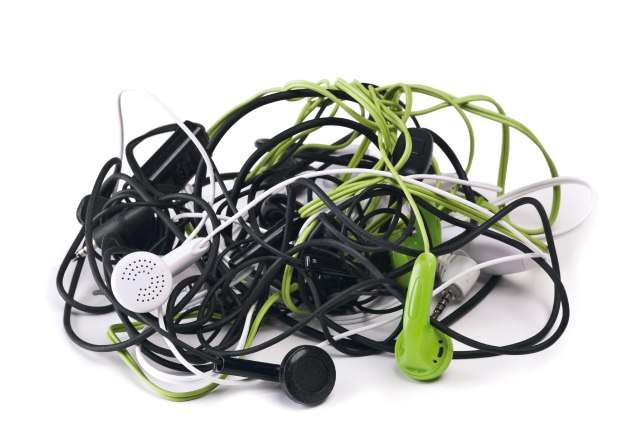
Invisible WEEE poses one of the greatest challenges for current and future society in an increasingly technological world. At ECOTIC, we acknowledge this issue and are committed to effectively tackling it through awareness-raising and social consciousness initiatives.
Invisible waste refers to electrical and electronic devices that, once they are no longer useful, go unnoticed and forgotten in drawers across our homes. Therefore, as consumers, we often overlook the need to recycle them (such as mobile phones, chargers, small appliances, etc.).
In conjunction with the International E-Waste Day in 2023, emphasis was placed on this issue, and ECOTIC led dissemination efforts in collaboration with the WEEE Forum.
Recent studies reveal that approximately 9 million tonnes of WEEE accumulate in households worldwide each year. Among these unrecycled items are a diverse array of small electrical and electronic devices, including cables, toys, vaping devices, tools, smoke detectors, USB units and smart home devices. To underscore the seriousness of this issue, on a global scale, we neglect to recycle more than 7.3 billion electronic toys annually, roughly equating to one toy per person worldwide.
These statistics underscore the critical importance of society recognising and properly recycling these wastes. Through awareness campaigns and educational initiatives, our goal is to foster a mindset shift that encourages individuals not to overlook these unused electrical and electronic devices. By enhancing awareness of the negative impacts of improper disposal, we can cultivate a more robust and sustainable recycling ethos.

For ECOTIC, the optimal strategy to address invisible WEEE is based on three core pillars:
Firstly, through public education efforts to underscore the significance of proper recycling in mitigating environmental impacts, and via innovative awareness campaigns and educational programmes in schools and communities, we aim to catalyse shifts in attitudes and behaviours towards responsible recycling practices for these wastes.
Secondly, by implementing innovative solutions to effectively manage invisible WEEE. We are investing in advanced recycling and material recovery technologies to maximise the reuse and recycling of these overlooked items. Additionally, we are exploring new ways to engage consumers and facilitate the collection and recycling of their electronic devices at the end of their life cycle.
Thirdly, we are addressing invisible WEEE through collective and coordinated actions involving all stakeholders. We are closely collaborating with public institutions, businesses, non-profit organisations and civil society to develop policies, regulations and standards that promote responsible management of WEEE. Furthermore, we are strengthening our partnerships with distributors and producers to establish extended producer responsibility programmes and promote the design of more easily recyclable products.

In the coming years, Extended Producer Responsibility Collective Systems (EPRCS) have the opportunity to drive the circular economy and contribute to achieving the Sustainable Development Goals (SDGs). At ECOTIC, we aim to seize this opportunity and play an active role in promoting sustainable practices in WEEE management.
One of the primary opportunities lies in promoting the circular economy through the recycling and reuse of electronic components. EPRCS play a crucial role in recovering valuable materials from electronic waste, such as metals and plastics, to reintroduce them into the production chain. This not only reduces reliance on natural resources but also minimises waste generation and associated environmental impacts.
In this regard, ECOTIC will continue to work closely with other EPRCS and relevant stakeholders to promote innovative technologies that maximise material recovery and efficiency in WEEE management. Concurrently, we will drive initiatives to enhance the reuse of electronic devices, thereby extending their lifespan and reducing the need for new resources.
As an active member of the WEEE Forum, ECOTIC will continue advocating for more practical legislation that better aligns with how these wastes are managed across Europe. We aim for policies that promote shared responsibility among producers and distributors in a pragmatic manner, establish clear recycling standards and encourage common practices throughout Europe.
ECOTIC is prepared to seize these opportunities and collaborate towards a more sustainable and environmentally responsible future, solidifying our position as a leading entity both in Spain and Europe.